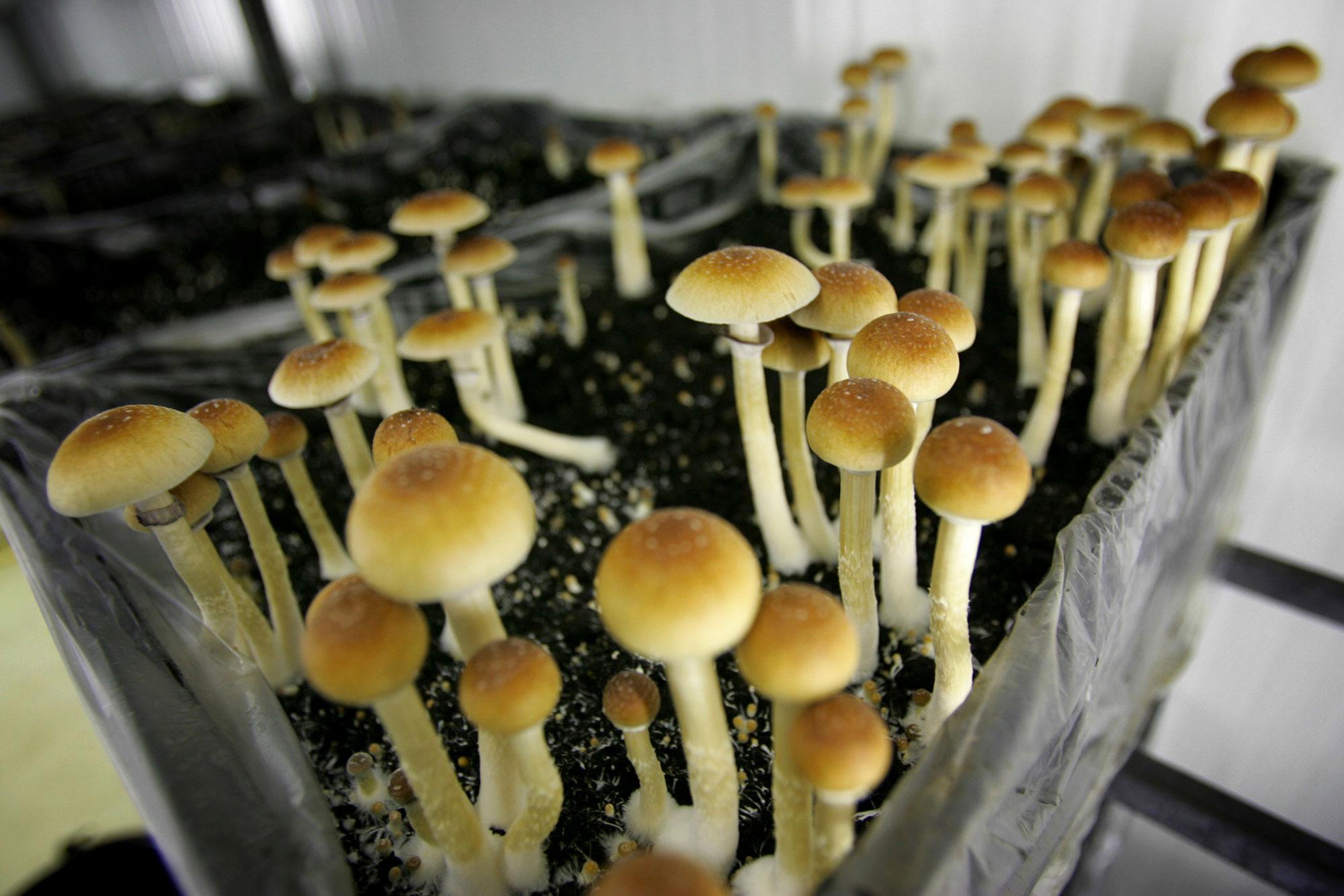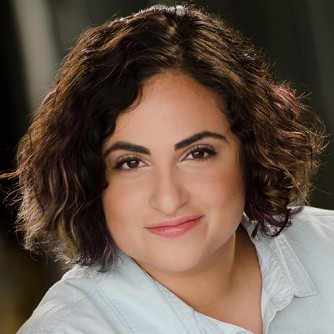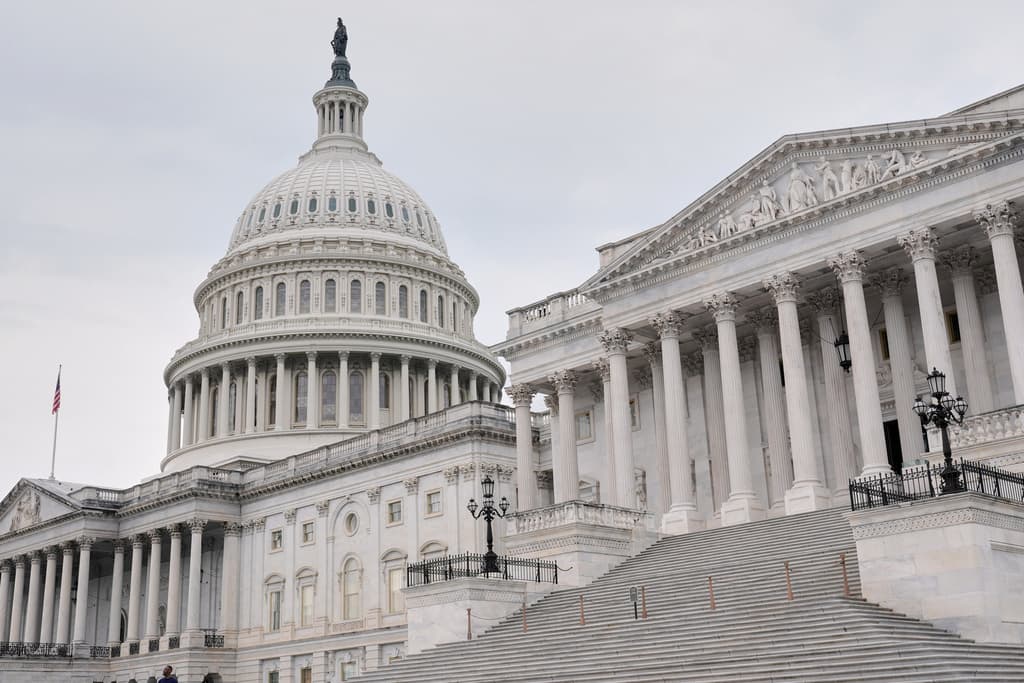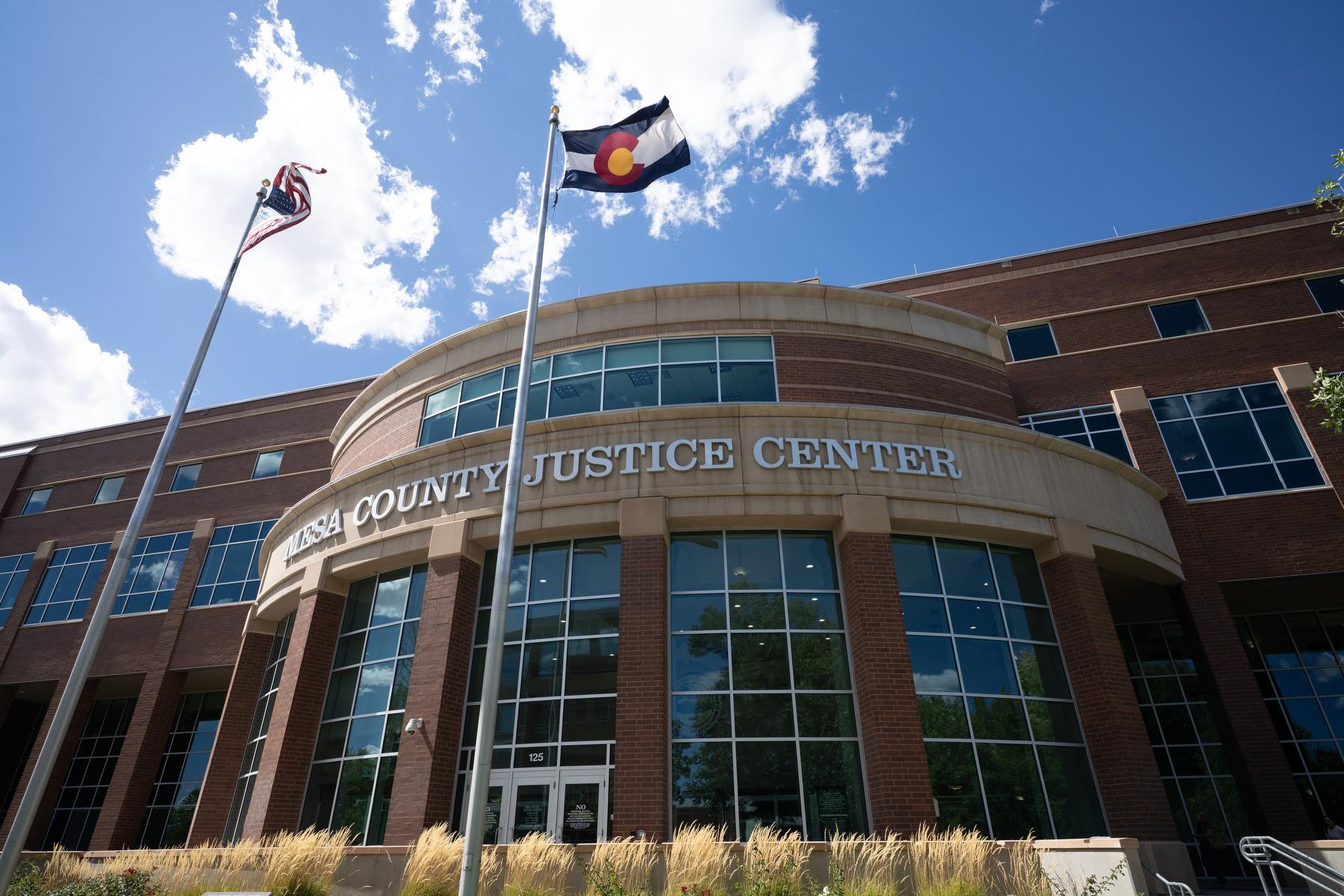

Denver voters won’t have a chance to “free the spores,” at least not during the 2018 midterms.
The grassroots campaign behind a proposed ballot initiative that would decriminalize psychedelic mushrooms — known by their scientific name psilocybin — ran into a series of hurdles when it came to getting approval from the Denver elections division.
As of this moment ballot language still hasn’t been approved. Kevin Matthews, one of the people behind the Denver Psychoactive Mushroom Decriminalization Initiative said he’s not worried. The group hardly has time to collect the required 5,000 signatures before the city’s mid-August deadline. Instead, now they’re aiming for Denver’s May 2019 ballot.
Matthews expects approval of the new initiative language in the coming weeks.
“We want to make this campaign as effective as possible, which of course means having the language that would make the most sense,” Matthews said. “We decided that it was important to kind of redraft it from the ground up.”
Matthews said the new language has been reviewed by an outside legal consultant, but it’s yet to be filed with the city.
Missing the chance to be on the ballot during a midterm when turnout is expected to be higher than usual could have taken the wind out of their sails, but it may actually be a blessing in disguise.
Between now and 2019, the group has the chance to educate voters on psilocybin, Matthews said. They’ve also been connecting with other pro-psychedelics campaigns in California and Oregon.
The California Psilocybin Legalization Initiative failed to qualify for the 2018 ballot as well. On the group’s Facebook page, one organizer indicated they may work with legislators to decriminalize at the statehouse.
But Matthews points out that the campaign gathered at least 25 percent of the signatures they needed. That’s more than 90,000 for a statewide initiative. To get on the Denver city ballot, Matthews’ group only needs 5,000. The California initiative’s shortfall, according to Matthews, still shows that there’s enough popular support for change.
“There’s a really strong undercurrent of psychedelic use in our culture,” he said. “It’s really highly influenced our culture.”
Which is to say that this ballot initiative, or the one in California, or even the one in Oregon aimed at creating a sort of “medical mushrooms” program by 2020, won’t be what moves the needle. Not when it comes to public perception. Matthews notes that attitudes have been changing right under our noses this whole time.
He points to the work of the Multidisciplinary Association for Psychedelic Studies. The group is studying the use of MDMA — known as the drug ecstasy — in the treatment of Post-Traumatic Stress Disorder, with study sites in Fort Collins and Boulder. MAPS is also involved in a state-funded study researching marijuana use for PTSD treatment.
Matthews also said the growing trend of microdosing psychedelics — recently taken up by tech workers in Silicon Valley — reflects not only changing attitudes towards the drugs themselves, but heightened reservations about conventional medicine, and an increased willingness to experiment. In a way, when Colorado cracked the door open for marijuana, the cultural shift that transpired may have left it open for a fungi.
“We’re specifically focused on the fact that, for instance, arrests for psilocybin in the Denver metro area — it’s like 1.3 percent of drug arrests are related to mushrooms,” Matthews said. “There’s not a lot of enforcement already.”
When it comes to federal law, psilocybin is a schedule 1 substance, carrying among the harshest penalties for possession, cultivation or trafficking.
Matthews and his fellow organizers are already making plans to team up with Veterans for Natural Rights, a Colorado-based nonprofit that supports alternative treatments for conditions like PTSD. Together, they’ll host panel discussions and invite members of the community to ask their questions. Matthews is hoping to invite speakers from places like Innate Path, a Lakewood-based clinic offering psychedelic therapy, or Boulder-based Nowak Society, which is exploring changes to Colorado’s Right To Try Act which would allow patients to experiment with psychedelics.
“We’re slowly but surely building a pretty strong coalition, which is exciting,” Matthews said. “It’s pretty amazing to be even be having the conversation with some of our elected and appointed officials here.”









